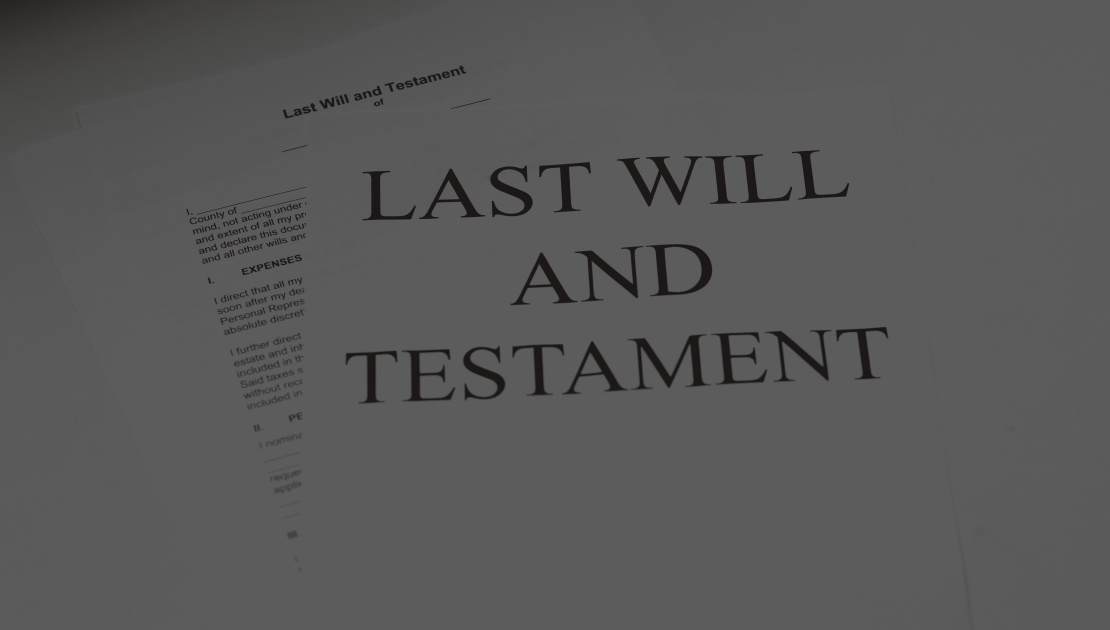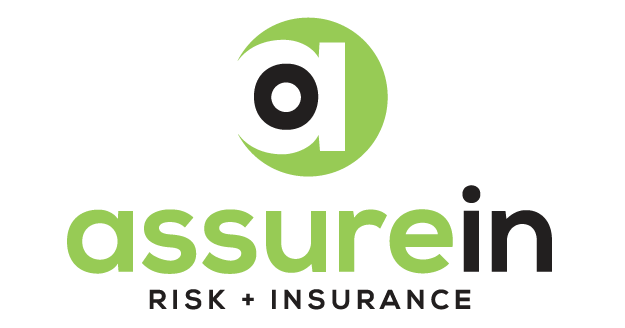
ESTATE PLANNING 101
- August 1, 2024
- assurein
- Insurance Knowledge
- No Comments
Africans, Kenyans in particular, consider death talks a taboo. Too many people do not plan their legacies. They shelve it because they do not think they have acquired enough or are just not old enough. As a result, they die intestate, without having thoughtfully planned for the distribution and disposal of their assets and those left behind will have to bear the burden of picking up the pieces.
We cannot predict our life expectancy, and illness and accidents can happen to anyone, irrespective of age. Therefore, one needs to plan on who would make decisions, for them, about their finances and health if they are incapacitated.
This article dives into estate planning and its fundamentals and states why you should consider it.
ESTATE PLANNING
Estate planning is setting up structures that help distribute your assets in the event of your death or incapacitation. It also involves the management of an individual’s estate (financial obligations) when they become incapacitated.
Assets that make up an estate can include houses, stocks, bonds, cars, art, collectibles, life insurance, pensions, and debt.
COMMON TERMS IN ESTATE PLANNING
- Estate- All the money, property, and assets you own, at the point of your incapacitation or death.
- Estate Planning- Putting structures that safeguard, manage, and distribute your property and assets in the event of your death or incapacitation.
- Will- Legal document containing declarations of a person’s wishes or disposition of his property after their death.
- Trusts- A relationship where a person/ entity (Trustee) holds and manages property and assets for the benefit of a third party (Beneficiary).
- Testator- Individual who creates a will.
- Settlor- Person/ entity that creates a trust.
- Trustee- A person/ entity appointed to hold and manage property and assets in a trust for the beneficiary’s benefit.
- Trust Deed- A legally binding agreement that governs the relationship between the settlor and testator to ensure a smooth transfer of assets to beneficiaries upon settlor’s demise.
- Beneficiary- Individual/ entity for whom the trust is created.
- Intestate- Not having made a will before one’s death.
- Incapacitation- Physical/ mental inability to make informed decisions.
REASONS FOR ESTATE PLANNING
An effective estate plan is not only good for passing and distributing your assets, but it is also good for:
- Naming guardians for your minor children’s care and inheritance.
- Providing for dependents with special needs in your absence.
- Providing for a surviving spouse and children in your absence.
- Management of your assets and properties at your incapacity or death.
- Protection from creditors.
- Providing for loved ones who might be irresponsible with money.
- Protection and provision for kids in the event of divorce.
ESTATE PLANNING PROCESS
The planning includes management of property and assets, passing down assets to heirs, settling taxes and debt, and setting up guardianship for minor children.
Here are steps to follow when doing estate planning:
- List down all your debts and assets. Ensure you include all your physical and financial assets.
- Make multiple copies of your lists for your beneficiaries.
- Ensure that your beneficiaries’ details are up to date.
- Choose your estate administrator.
- Write down your will and set up a trust.
- Seek professional help from your financial planner/ estate advisor.
- Review your plan regularly.
ESTATE PLANNING OPTIONS
There are two options one can consider in estate planning:
- Wills
- Trusts
WILLS
A Will is a document that entails legal declarations of how a person’s property should be distributed after their death. It also includes details on the handling and custody of minor children.
Once the will is drafted, the testator usually names an executor, the person they want to oversee the probate process, whose responsibility will be to administer the fulfillment of their wishes as expressed in the will.
TRUSTS
On the other hand, a trust is a legal arrangement that allows you to set up your assets to be held and managed by another person/entity on behalf of your beneficiaries. The appointed entity is usually responsible for ensuring that your estate will be overseen and executed according to your wishes.
There are three important entities in a trust:
- The Settlor- Person or entity transferring the property.
- The Trustee- Person or entity appointed to hold the properties for the beneficiaries’ gain.
- The Beneficiary- Third party that receives the benefits of the transferred property.
Trusts are created through a trust deed. The trust deed ensures the property transfer to the beneficiaries fulfills the settlor’s wishes.
It’s also important to note that once a settlor transfers property to a trust, it will no longer be considered part of the settlor’s estate.
WILLS VS TRUSTS
Wills and Trusts perform a similar function however, they have differences in terms of structure, purpose, and functionality.
The table below highlights their key differences.
|
WILLS |
TRUSTS |
|
|
It is important to note that setting up a trust or a will is dependent on your specific needs and goals. A will is suitable if you are only intent on creating an estate plan for distributing assets to your heirs, upon your death. But, if you are purposeful in protecting and growing your family assets, then a trust would be a better fit for your estate plan.
Estate planning is not just for the rich and ultra-wealthy. It is vital for securing your legacy and protecting your loved ones.
Knowing you have a proper plan in place will give you and your family peace of mind. It will also ensure a smoother transition and minimize potential disputes.
Do not let your family get caught off guard and unprepared when strategy strikes.

